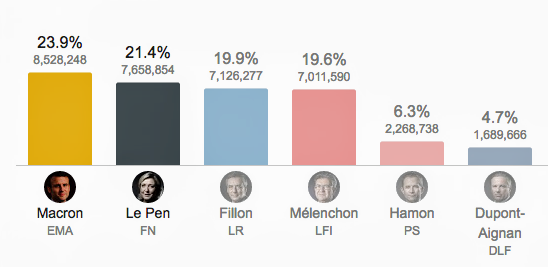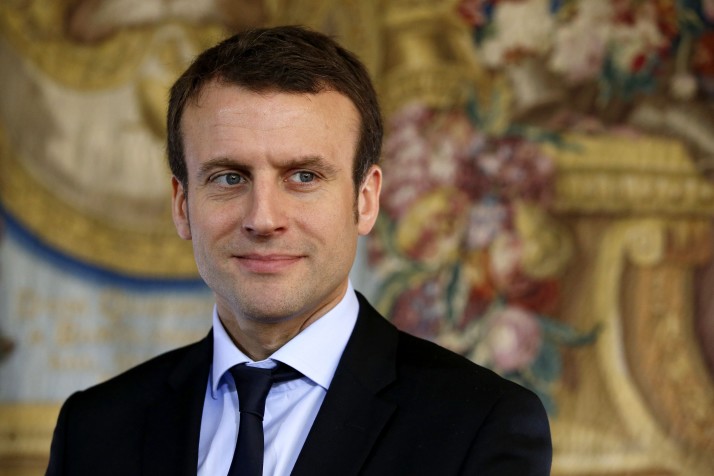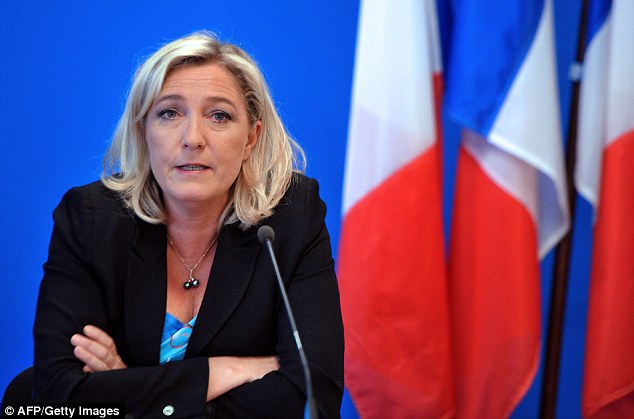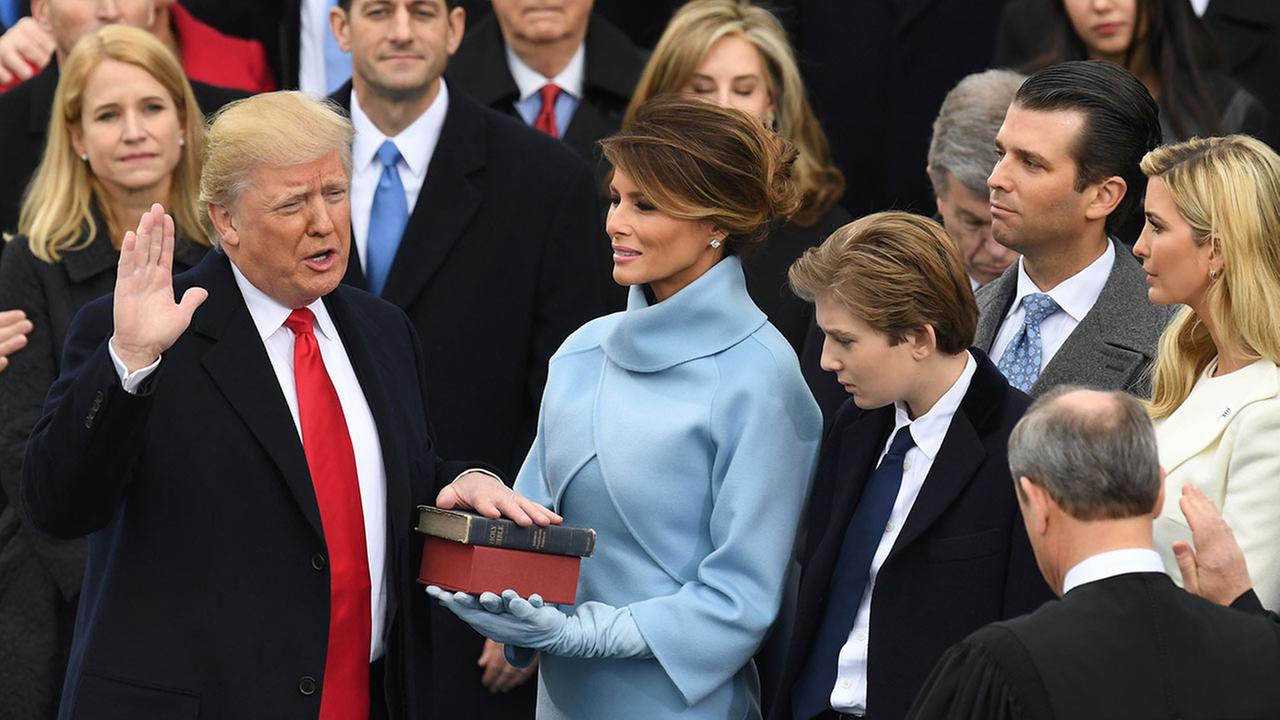The results of the first round of the French Presidential Elections are in, and Emmanuel Macron is in the lead with 23.9% of the vote, and Marie Le Pen is in second place with 21.4% of the vote.

This means that Macron and Le Pen will be going head to head for the French presidency. Macron- a former Minister of Economics -is a pro-business political novice, but he is not the main item of concern for this article. His opponent, however, Marie Le Pen is this article’s primary concern.
Le Pen, leader of France’s National Front party and experienced politician and parliamentarian, has sparked controversy with conservative and nationalist stances towards Muslims in specific.

Indeed, Le Pen has been even dubbed a racist due to statements she made that compared public displays of Muslim prayers to a form of Nazi street occupation, and attacking the concept of Halal meat being sold in France.
There are several reasons why Le Pen’s rise and popularity should matter to Muslims, Arabs, and quite frankly to the world.

Firstly, things are going to change for Arabs and Muslims living abroad, especially in Europe and/or North America, and not just because of state-sanctioned racist policies. The opinions held by leaders like Le Pen – regardless of whether or not she is France’s next president – do have a tendency to give a green-light to every-day racists.
This thereby puts the quality of life of Muslims and Arabs living abroad at genuine risk for a turn to the worst.
This is an especial problem in a country like France, home of the second largest Muslim population in Europe in absolute terms (4,760,000), and home of the largest percentage of Muslims in relative terms (Muslims make up 7.5% of France’s total population).
Secondly, the rising popularity of Le Pen’s xenophobic discourse does not operate in a global vacuum.

Indeed, the Trump’s victory, the rising drive and political actions in some Gulf regions (namely Kuwait and Saudi Arabia) to kick out expatriates, and the possibility that Le Pen might be France’s next president are all symptoms of a global and paradigm shift towards a politics of the rights.
In other words, Le Pen’s possible victory corroborates the affirmation that countries are closing their gates in the face of foreigners.
Thirdly, and consequently, it draws attention to an increasing rise of a politics premised on fear-mongering ideologues.
Whether it’s the notion that expatriates are snatching jobs and goods from locals expressed by Kuwaiti Parliamentarians like Safa El Hashem; or it’s Trump demonizing Mexican and Latino immigrants to support the logic behind building a wall; or it’s Le Pen claiming that the presence of Muslims creates a fundamental threat to France’s long constitutional tradition of secularism. One thing is clear: the politics of creating and fearing an Other has taken center-stage.
https://www.youtube.com/watch?v=LnwoQ3UoEZM
Finally, the totalitarian reign of political correctness has ended, especially when discussing Islam and terrorism in Western contexts.
Again, while political correctness does in fact go too far sometimes, right-wing leaders have to remain cognizant of the actual effect of their language.
This is especially true when their language is co-opted by Islamophobes and Arab haters to justify a range of activities from racial slurs to hate speech to physical violence.


